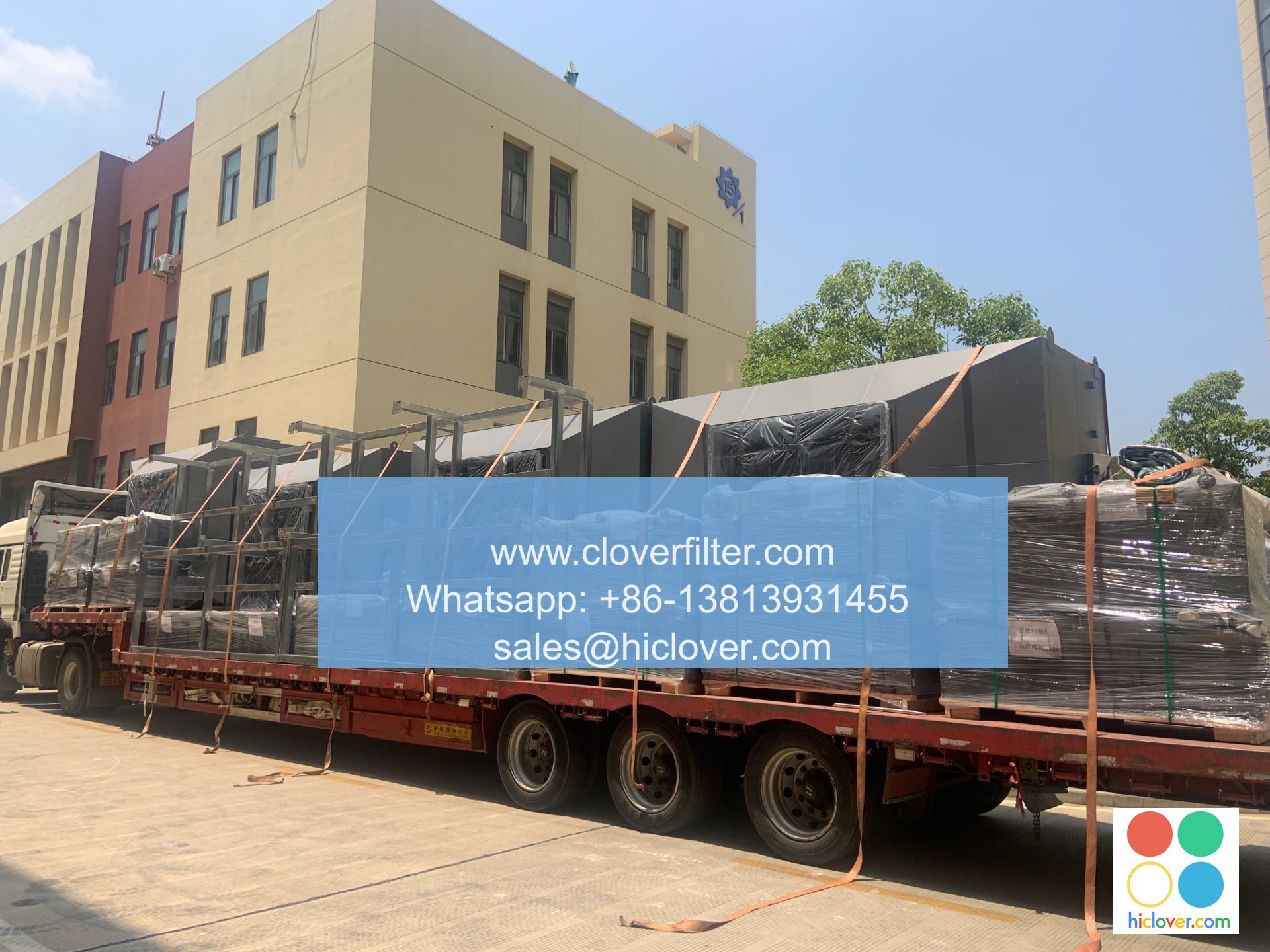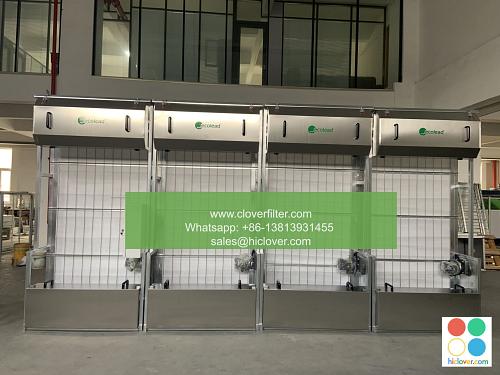Automatic Roll Air Filters in Hospitals: Protecting Patient Health

Automatic roll air filters are a crucial component in maintaining a healthy environment in hospitals. These filters play a vital role in removing airborne contaminants, such as dust, bacteria, and viruses, from the air, thereby protecting patient health. In a hospital setting, the air quality is of utmost importance, as patients with weakened immune systems are more susceptible to airborne infections. In this article, we will delve into the world of automatic roll air filters in hospitals, exploring their benefits, how they work, and their maintenance requirements.
Automatic roll air filters are designed to provide a high level of filtration efficiency, capturing up to 99.97% of airborne particles as small as 0.3 microns. These filters are typically installed in the hospital’s HVAC system, where they work tirelessly to purify the air, removing contaminants that could compromise patient health. The filters are made of a unique material that is designed to trap particles, preventing them from passing through and entering the hospital’s air supply.
The benefits of automatic roll air filters in hospitals are numerous. Firstly, they help to prevent the spread of airborne infections, such as tuberculosis, influenza, and COVID-19. By removing these pathogens from the air, hospitals can significantly reduce the risk of patient-to-patient transmission, thereby protecting vulnerable patients. Secondly, automatic roll air filters help to improve indoor air quality, reducing the levels of dust, pollen, and other allergens that can exacerbate respiratory conditions. This is particularly important in hospitals, where patients may have pre-existing respiratory conditions that make them more susceptible to airborne irritants.
In addition to protecting patient health, automatic roll air filters also help to reduce the risk of hospital-acquired infections (HAIs). HAIs are a significant concern in hospitals, as they can lead to prolonged hospital stays, increased treatment costs, and even patient mortality. By maintaining high levels of air quality, hospitals can reduce the risk of HAIs, creating a safer environment for patients, visitors, and staff.
So, how do automatic roll air filters work? The process is relatively straightforward. The filters are installed in the hospital’s HVAC system, where they are designed to capture airborne particles as they pass through the system. The filters are typically replaced on a regular basis, depending on the manufacturer’s recommendations and the hospital’s specific needs. Some automatic roll air filters are designed with a built-in sensor that monitors the filter’s condition, alerting maintenance staff when replacement is required.
Maintenance of automatic roll air filters is relatively simple. Hospital maintenance staff should inspect the filters regularly, checking for signs of wear and tear, such as reduced airflow or increased pressure drops. The filters should be replaced according to the manufacturer’s schedule, which is typically every 1-3 months, depending on the hospital’s air quality requirements. It is also important to ensure that the filters are installed correctly, with the arrow pointing in the direction of airflow, to ensure optimal performance.
In conclusion, automatic roll air filters play a critical role in maintaining a healthy environment in hospitals. By removing airborne contaminants, these filters help to protect patient health, prevent the spread of airborne infections, and reduce the risk of hospital-acquired infections. Regular maintenance is essential to ensure the filters continue to function effectively, providing a safe and healthy environment for patients, visitors, and staff.
FAQs
Q: What is the purpose of automatic roll air filters in hospitals?
A: The primary purpose of automatic roll air filters in hospitals is to remove airborne contaminants, such as dust, bacteria, and viruses, from the air, thereby protecting patient health.
Q: How often should automatic roll air filters be replaced?
A: The replacement schedule for automatic roll air filters varies depending on the manufacturer’s recommendations and the hospital’s specific needs. Typically, filters should be replaced every 1-3 months.
Q: What are the benefits of using automatic roll air filters in hospitals?
A: The benefits of using automatic roll air filters in hospitals include preventing the spread of airborne infections, improving indoor air quality, and reducing the risk of hospital-acquired infections.
Q: How do automatic roll air filters work?
A: Automatic roll air filters work by capturing airborne particles as they pass through the hospital’s HVAC system. The filters are designed to trap particles, preventing them from passing through and entering the hospital’s air supply.
Q: What maintenance is required for automatic roll air filters?
A: Regular maintenance is essential to ensure the filters continue to function effectively. Hospital maintenance staff should inspect the filters regularly, checking for signs of wear and tear, and replace them according to the manufacturer’s schedule.

